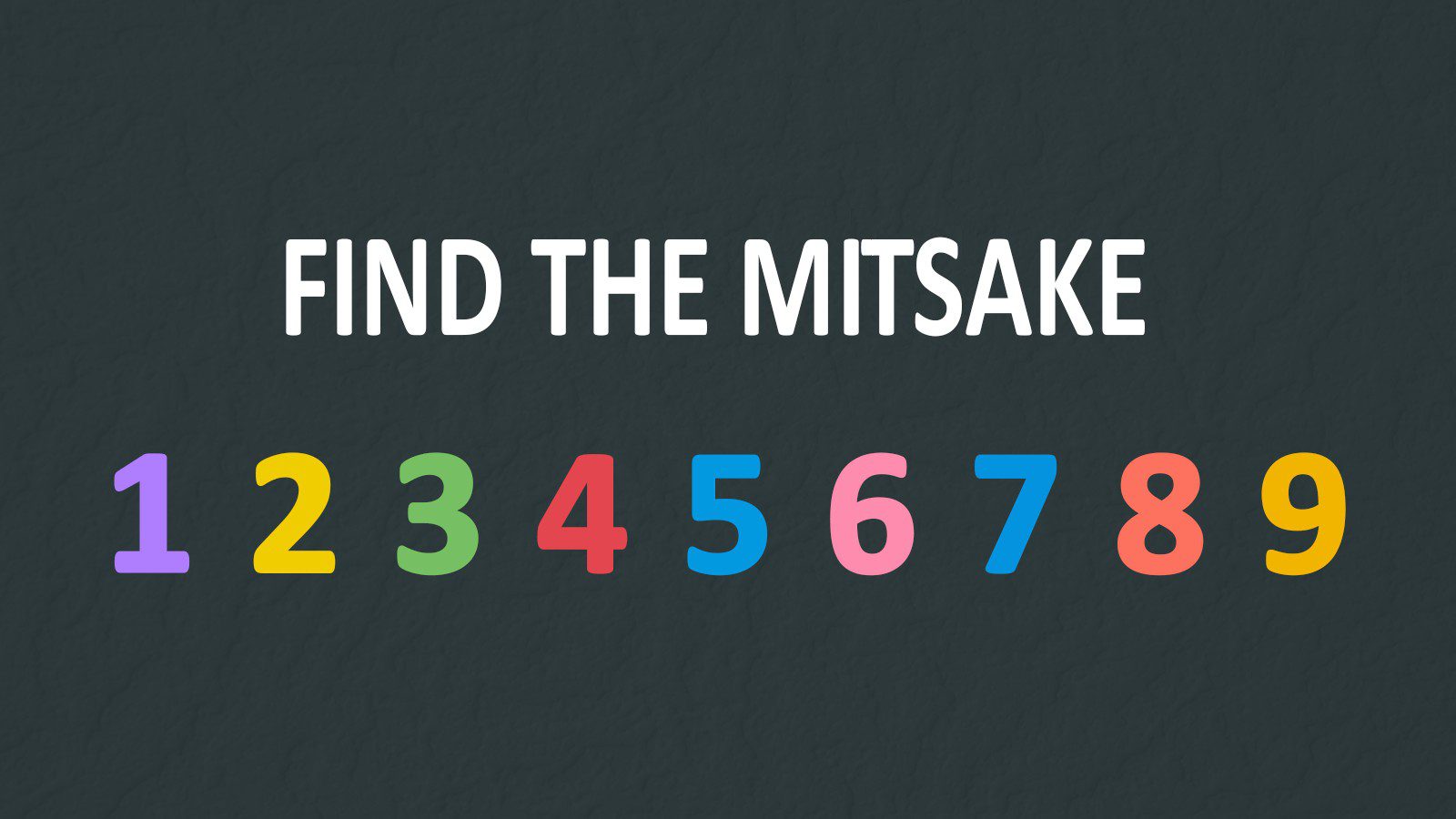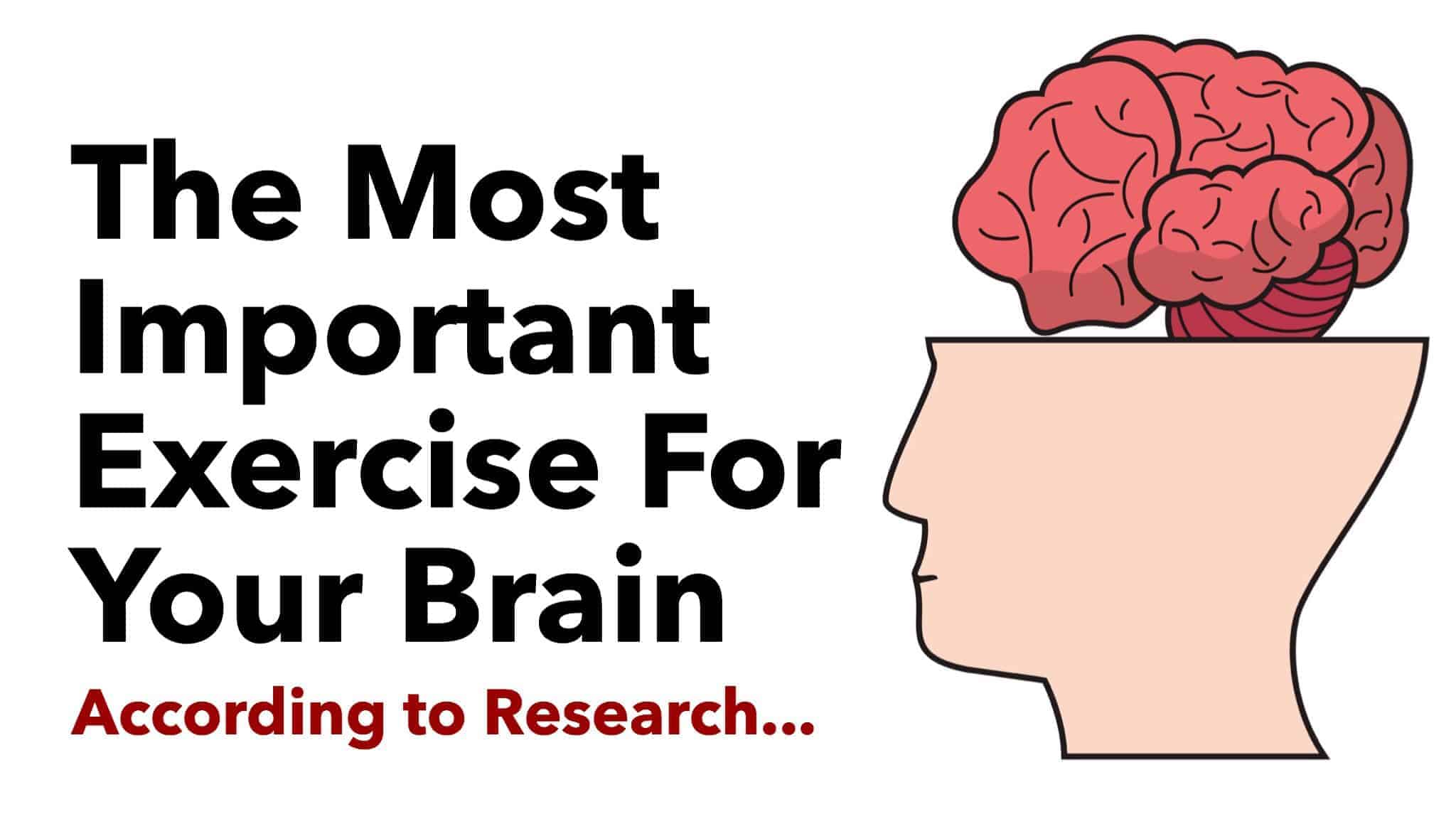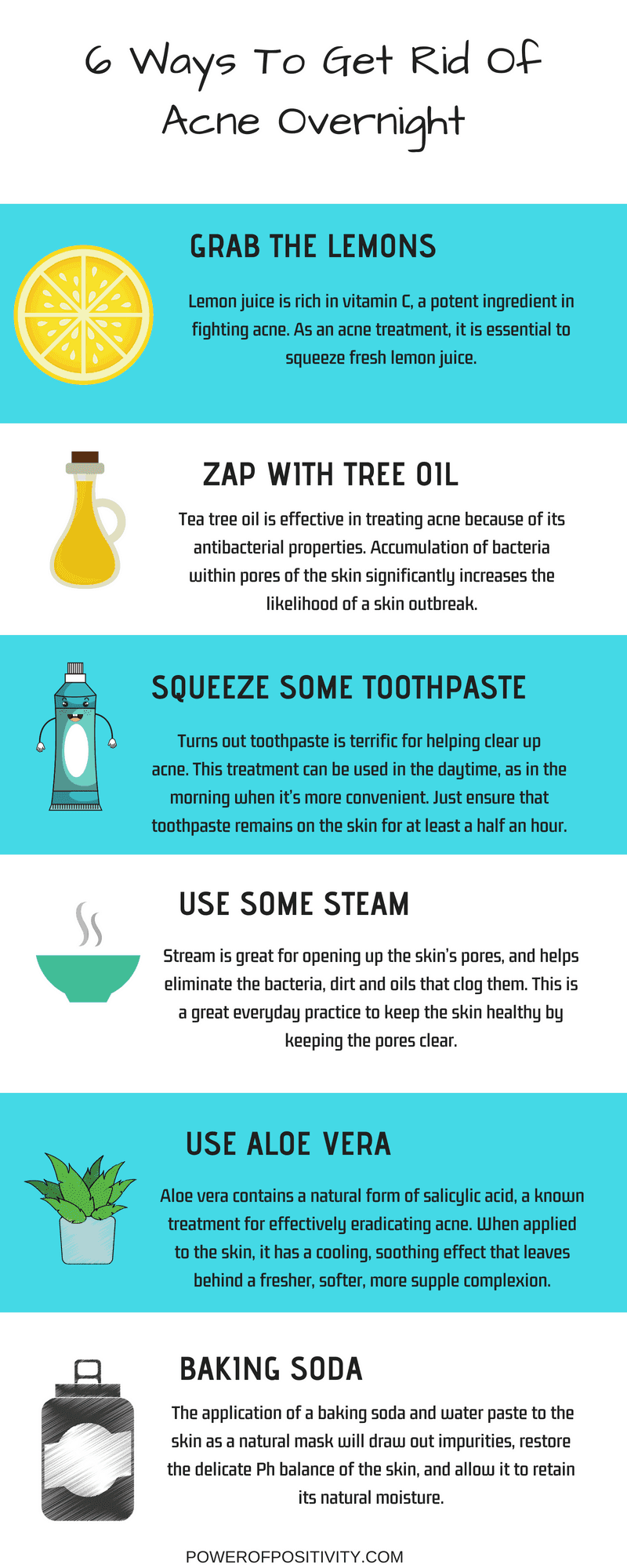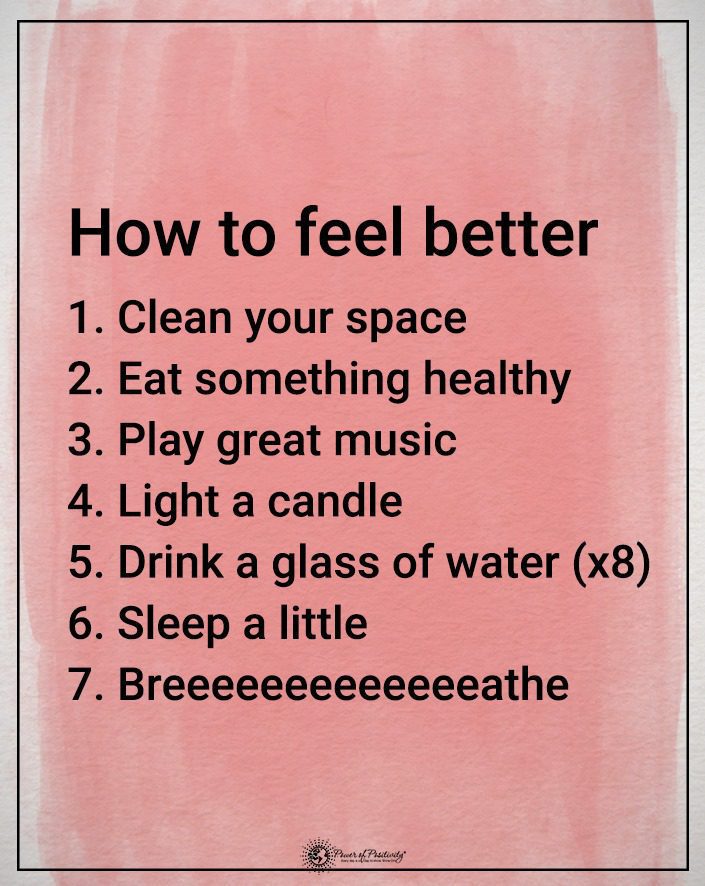Both mental and physical activity are crucial to mental fitness (a.k.a brain health). Somewhat predictably, many of us – including Americans – do not engage in enough of either. (Perhaps we’ve substituted physical and mental activity for mindless stuff; the average American adult, for example, watches about 4.5 hours of television per day.)
But we may want to rethink how we use all our extra time. According to a study conducted by researchers at the University of British Columbia (Canada), regular aerobic exercise (e.g., jogging, running, HIIT, etc.) increases the size of the hippocampus, which is the part of the brain responsible for memory and learning. Considering that exercise reduces inflammation, promotes insulin resistance, and stimulates the release of BDNF (which fosters brain cell production and protection), it’s hardly surprising that regular physical activity boosts brain power.
But “brain exercise” is just as important to a high-functioning brain as physical movement – if not more. As a bonus, exercising your brain protects you against age-related cognitive decline. Additionally, certain brain activities are proven to:
- Increase overall cognitive ability (‘I.Q.’)
- Improve short-term (working) memory
- Improve attention
- Reduce emotional reactivity
- Increase processing speed (the effective transferal of sensory information into actionable intelligence.)
Riddles to test your mental fitness
“Your brain – every brain – is a work in progress. It is ‘plastic.’ From the day we’re born to the day we die, it continuously revises and remodels, improving or slowly declining, as a function of how we use it.” – Michael Merzenich, Ph.D., co-inventor of the cochlear implant and author of Soft-wired: How the New Science of Brain Plasticity Can Change Your Life
What better way to sharpen your smarts than to do fun brain teasers? Here are five to get you started! (Please find the answers at the end of the article.)
#1 Find the mitsake here (hint: make sure to look everywhere!):

#2 Look at the following three grids. Which number is missing?

#3 How many words can you create with the letters from the word RIDDLE plus one letter (of your choice)?
Example: ‘Drilled’ (the letters of ‘Riddle,’ plus one ‘l’)
#4 What number is missing from this series?
2, 4, 16, ___
#5 Unscramble the following letters. The answer should reveal the surname of a famous artisan.
D N E R B A M R T
A C I S O S P
E M N O T
A G N E O L L I M H C E
H L A R P A E
Answers
(If you didn’t perform to your expectations, keep practicing. Mental fitness puzzles are like anything else; the more you do them, the better you get!)
- The mistake is not in the number series at all! Indeed, the misspelling of the word ‘mistake’ (mitsake) is the answer.
- The missing number is 4. The number of horizontal and vertical lines in the grid are multiplied to find the answer. 3*3 = 9; 1*1 = 1, and 2*2 = 4; the missing number!
- There is, of course, no ‘right’ answer to this riddle. An unofficial count of the number of potential words that can be created from the letters of the word ‘riddle’ is 13. Here they are: bridled, griddle, diddler, middler, piddler, dreidel, riddled, drilled, riddler, riddles, fiddler, tiddler, girdled.
- The answer is 256, the square of 16.
- The answers are Rembrandt, Picasso, Monet, Michelangelo, and Raphael!
BONUS: Take the Comfort Zone Quiz
Okay. This one is not a riddle. But the Comfort Zone quiz gives instant feedback and tools to help you improve your life, be happier, and reach all your goals.
Tips for sharpening your mental fitness!
Contrary to what we have been taught, intelligence is not fixed, nor is it necessarily destined to decline. (Rather, our brain’s “processing speed” slows slightly as we age.) A magnificent hypothesis from brain science was brought forth – and subsequently proven – within the last twenty years. The science realm of neuroplasticity and neurogenesis revealed that engaging and challenging the brain spawns new connections throughout life. Trying to stimulate the brain regularly can boost our mental fitness and make us smarter, sharper, and healthier.
With this in mind, here are some suggestions for maintaining your mental fitness regardless of your age, courtesy of Harvard University:
- First, the essentials: eat right and get enough sleep. Don’t smoke. Drink alcohol in moderation, and keep in touch with friends and family.
- Safeguard your physical health by getting a physical exam at least once per year.
- Be a lifelong learner: pursue a new hobby, learn a new skill, or take an online course.
- Do what makes you happy: a positive state of mind is a key component of keeping your brain sharp.
- Repeat, repeat, repeat: Repetition is the mother of all learning. Need a few things from the grocery store? Repeat the items to yourself again and again – every time. With enough practice, you won’t need a list at all!
- Delegate: Don’t waste your precious brain energy on questions like, “Where’d I put those car keys?!” Have a spot for everything, and take advantage of tools like planners, calendars, files, etc.
To your continued brain health!











